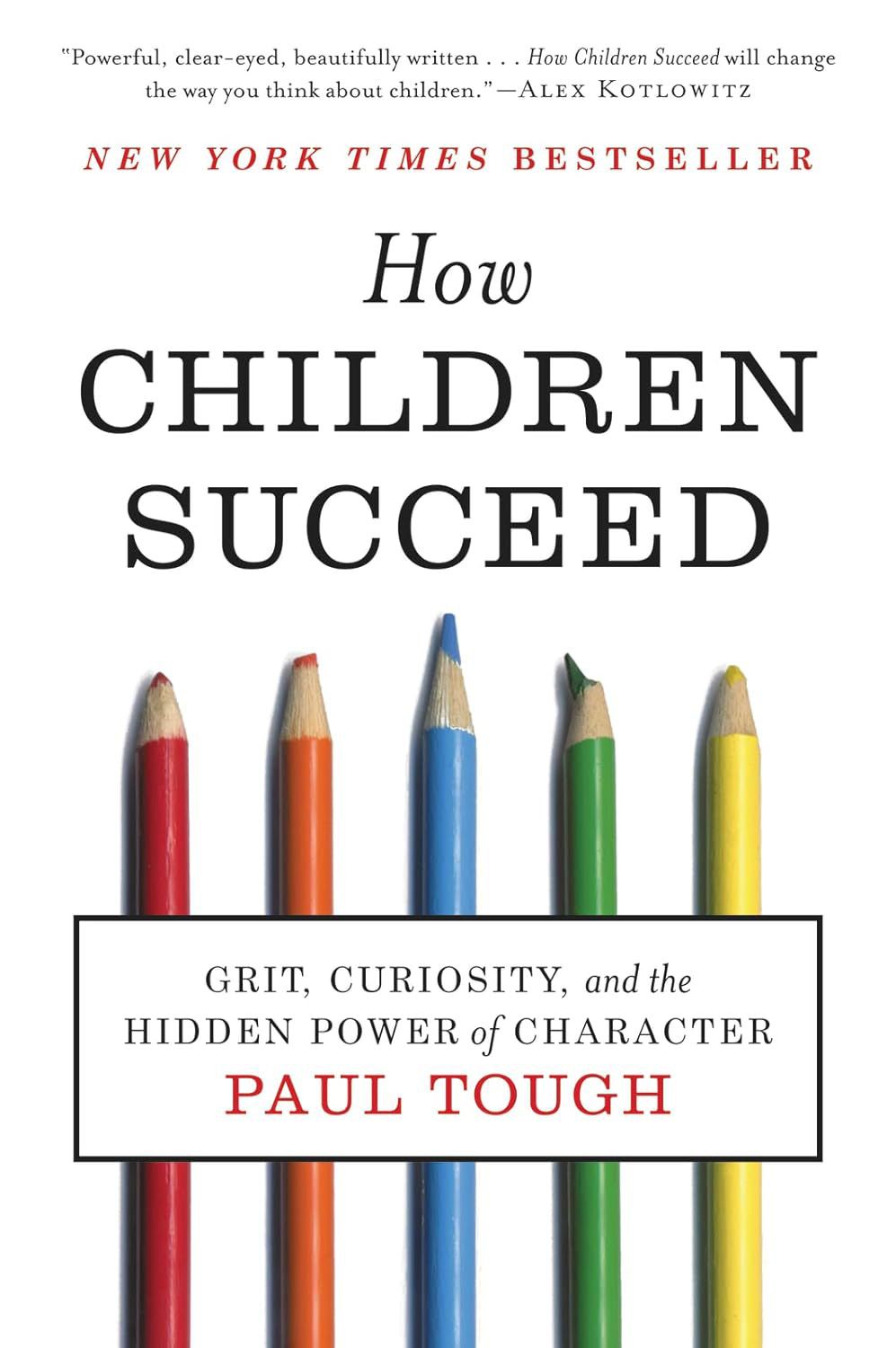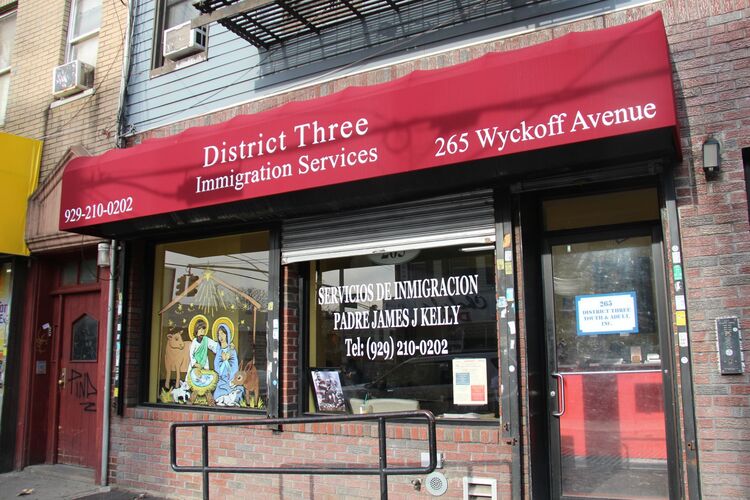Gustavo Gutierrez, the famous Peruvian theologian, defines poverty as “premature and unjust death,” explaining that “the poor person is someone who is treated as a non-person, considered insignificant from an economic, political and cultural point of view.”
A recent study asserts that poverty is one of the leading causes of death in the United States. This catastrophic situation for so many of our citizens results directly from refusing people access to basic needs, denying them a sense of economic security in this rich land, and thus cutting them off from a meaningful life and happiness.
The other part of the theologian’s quote about insignificance is also interesting and needs explication. It is surely telling that our TV shows, our movies, and our children’s books do not represent life for the millions of families struggling at the bottom of the economic ladder.
In reality, these sad and estranged people are sidelined to a different lifestyle in the non-entities corner, erased from everything we are watching and reading to our kids.
Professor Bessel van der Kolk, a world expert on trauma, identifies a major impediment to social progress in “the cascade of humiliations of the powerless” that directly causes “an avalanche of cruelty perpetrated by the strong against the weak.”
The professor’s insight is supported by New York columnist and philosopher, Tom Friedman. In a recent article about the awful crisis in Gaza he pointed to “feelings of humiliation and questing for dignity, the two most powerful human emotions” as the missing ingredient for peace between the two sides in that troubled part of the world.
The great Protestant ethical writer Rheinhold Niebuhr addressed a similar theme when he urged Christians to get involved in politics “to keep the strong from consuming the weak.”
The faith perspective dominates Gutierrez’s writing, and so predictably, he goes to the bible to highlight what, from his years of study and prayer, he identifies as God’s angry perspective on poverty. He mentions that Jesus didn’t just request that the money changers leave the temple, he showed an unexpected side of his character and chased them out with a whip.
Dr. Martin Luther King Jr. was right when he said: “we must recognize that we can’t solve our problem until there is a radical redistribution of economic and political power” in America.
That statement is truer today than it was in King’s time in the 1960s. America is a radically unequal society. Between 1989 and 2016, the working class's share of total income in the United States sunk from 45% to 27%. Unbelievably, just three Wall Street firms (Blackrock, Vanguard, and State Street) control assets over $20 trillion and are the major stockholders in 96% of S&P 500 companies.
We have more income and wealth inequality than at any time in the last 100 years, with, for instance, 55% of seniors trying to survive on an annual income of $25,000 or less. More than one in twenty-five Americans aged 65 or older lived in deep poverty in 2021, meaning, according to this study, that they would have to double their income to even reach the poverty line.
Disgracefully, we now have the highest rate of child poverty covering more than 90% of developed countries, and millions of kids, disproportionately Black or brown, face food insecurity every day. We are the only modern Western country without paid family and medical leave.
Paul Tough, in his highly-rated book entitled “How Children Succeed,” shows that harsh early-years poverty can permanently change a child’s ability to learn. The malnourished kid heading off to school has serious strikes against her that she doesn’t understand and can’t control.
Capitalism, as practiced in America, seems to prove its dynamism by pointing to the millions who never make it to the second step of the wealth ladder. Their failure proves the superior worth of millionaires and their ilk.
This system of maintaining power and control is appropriately understood as a crude game of one-upmanship. A recent report by the Irish Economic and Social Research Institute (ESRI) makes clear that despite the strong national finances in Ireland, and the talk of a generous giveaway budget, the number of materially deprived children in Ireland has increased from around 200,000 in 2020 to 230,000 now living in dire circumstances in the country.
This recent research raises alarm bells in a related report by Community Foundation Ireland, which focuses on the polarizing effect these figures have on the whole country.
Entire communities are beginning to disengage from civic society, which, predictably, has led to lower levels of satisfaction, increased isolation, and a breakdown in community engagement – a breeding ground for anti-immigrant threats and protests.
Imagine for an hour a system where poverty is eliminated, where every resident has sufficient healthy food, a good education and a home that meets all safety needs.
The adults in that house would be paid a living wage as determined by an independent body agreed after negotiations with a trade union representative. Some readers will respond that I have set impossible standards and that I am talking about some kind of a utopian state.
Perhaps! But are we saying that productivity will continue to increase every year, driven by developments in AI, and the top 2% will move from millionaires to possessing bank accounts with more zeros. And we will call that success?
Gerry O'Shea blogs at wemustbetalking.com







